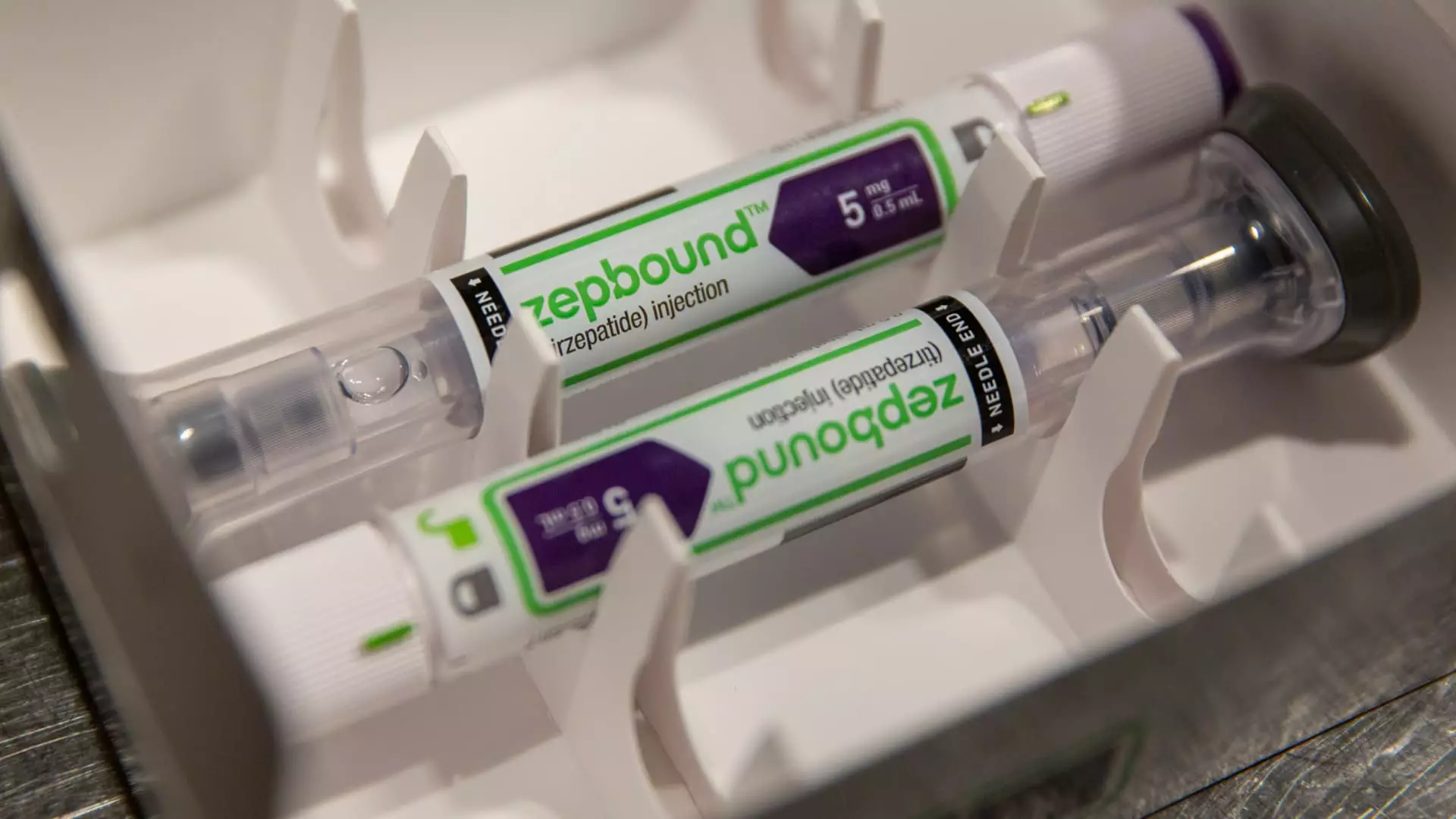Eli Lilly’s weight loss drug Zepbound has shown promising benefits for patients with heart failure and obesity, based on late-stage trial data released by the company. This suggests that Zepbound and other GLP-1 drugs may have broader health benefits beyond weight loss and blood sugar regulation.
In the study, patients taking Zepbound experienced a 38% lower risk of hospitalization or death due to heart complications compared to those who received a placebo. They were also less likely to require an increase in their heart failure medication. Additionally, Zepbound was found to significantly improve heart failure symptoms and physical limitations in patients with heart failure and obesity.
Insight into Heart Failure with Preserved Ejection Fraction
The trial focused on patients with heart failure with preserved ejection fraction (HFpEF) and obesity, a condition where the heart cannot pump enough blood to meet the body’s needs. This condition is associated with a range of symptoms and physical limitations, such as fatigue, shortness of breath, and reduced exercise capacity.
Prevalence of Heart Failure and Obesity
Heart failure affects approximately 6.7 million adults in the United States, with HFpEF accounting for nearly half of all heart failure cases. Nearly 60% of patients with heart failure also have obesity, highlighting the importance of effective treatment options for this population.
The safety profile of Zepbound in the trial was consistent with previous studies, with gastrointestinal side effects being the most common. These side effects, such as nausea and diarrhea, were generally mild to moderate in severity. Eli Lilly plans to present the data at a medical meeting and submit it to a peer-reviewed journal.
Comparison with Novo Nordisk
Eli Lilly’s main competitor in the GLP-1 market, Novo Nordisk, has also shown progress in developing weight loss drugs for patients with HFpEF. Novo Nordisk’s drug Wegovy has received FDA approval for reducing the risk of serious heart complications in these patients. Both companies are exploring the potential benefits of their drugs in other conditions, such as chronic kidney disease and fatty liver disease.
GLP-1 drugs, including Zepbound and Wegovy, work by mimicking gut hormones to control appetite and blood sugar levels. While Zepbound targets both GLP-1 and GIP hormone receptors, Wegovy specifically targets GLP-1. This dual-targeted approach may offer unique advantages in managing heart failure and obesity in patients.
The trial data on Eli Lilly’s Zepbound highlights the potential benefits of GLP-1 drugs in treating heart failure patients with obesity. Further research and regulatory approvals may lead to expanded treatment options for this population and improve outcomes for individuals with HFpEF and related conditions.

